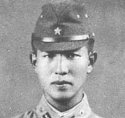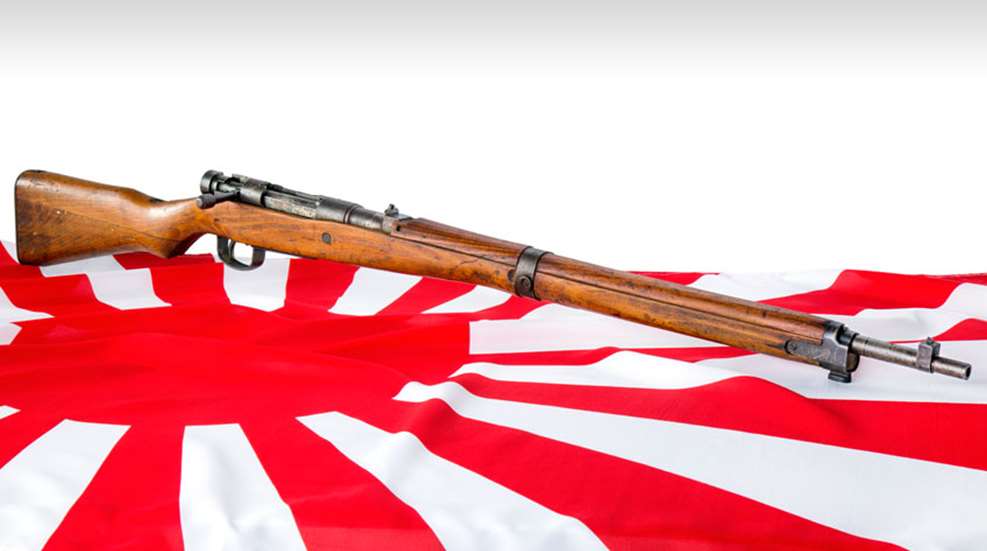wfgodot
Former Member
- Joined
- Mar 4, 2009
- Messages
- 30,166
- Reaction score
- 722
Great story here - Telegraph obit:
Hiroo Onoda was a Japanese Army officer who hid in the jungle for three decades, refusing to accept that the war was over
Hiroo Onoda was a Japanese Army officer who hid in the jungle for three decades, refusing to accept that the war was over
much more at the link with pictures, videoHiroo Onoda, who has died aged 91, was a wartime Japanese officer who surrendered only in 1974, having hunkered down in the jungles of the Philippines for nearly three decades in defiant honour of the Imperial Army.
His exile in northern Lubang Island, 93 miles south-west of Manila, was a rebellious response to the American invasion in February 1945. Onoda, who was a young Intelligence lieutenant at the time, had taken literally his final order to stay and fight. Most of the islands Japanese troops either withdrew or surrendered, yet, along with other splinter groups, Onoda went into hiding in the mountains.
For the next 29 years he survived on a diet of rice, coconuts and meat (from cattle slaughtered during farm raids), and he tormented the Filipino forces on his trail. Onoda maintained his rifle, ammunition and sword in impeccable order and when finally discovered still wearing his, now tattered, army uniform stated that his mind had been on nothing but accomplishing my duty. As one of the last of the Znryu nipponhei (or Japanese Holdouts), he was greeted as a hero on his return to Japan a country which he was shocked to find had changed beyond recognition.
---


